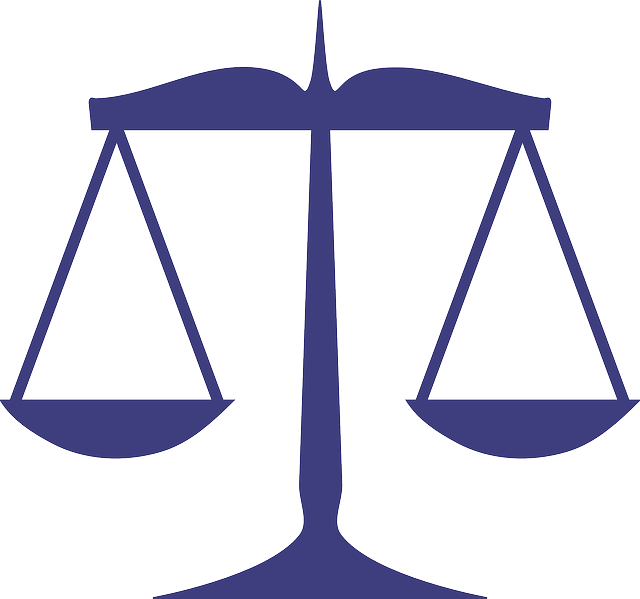Mail wire frauds exploit technological advancements to deceive individuals and entities into transferring funds. Protecting assets requires a robust legal framework, with due process in court as a cornerstone for justice and fairness. Skilled legal teams investigate, gather evidence, and employ innovative strategies to achieve favorable outcomes. Due process guarantees the right to be informed, access evidence, and have legal representation, rigorously investigating allegations and penalizing based on substantial evidence. Businesses and individuals can prevent mail wire fraud through multi-faceted approaches: vigilance, KYC practices, advanced authentication, employee training, clear reporting protocols, and staying informed about evolving schemes.
Mail wire fraud, a sophisticated form of cybercrime, poses significant threats to individuals and businesses alike. This article delves into the intricate world of mail wire frauds, offering a comprehensive guide for understanding this growing concern. From defining the scheme to exploring the critical role of due process in court, we uncover strategies to protect against these malicious attacks. Learn about prevention tactics and discover why due process is an essential shield in mitigating risks associated with mail wire fraud.
- Understanding Mail Wire Frauds: Definition and Common Schemes
- The Role of Due Process in Court: Protecting Individuals and Businesses
- Prevention and Mitigation Strategies: Safeguarding Against Mail Wire Fraud
Understanding Mail Wire Frauds: Definition and Common Schemes

Mail wire frauds are a pervasive and insidious form of financial crime that has evolved with technological advancements. At their core, these schemes involve the use of deceptive practices to manipulate individuals or entities into transferring funds through mail or electronic means. From phishing scams to impersonation tactics, con artists employ various strategies to gain trust and access sensitive financial information. Understanding these fraudulent activities is paramount to safeguarding personal and corporate assets, especially in today’s digital age where transactions often occur with a simple click.
The importance of due process in court cannot be overstated when dealing with mail wire fraud cases. A robust legal framework ensures that justice is served and innocent parties are protected from spurious accusations. For both individual and corporate clients facing these challenges, having a skilled legal team to navigate the complexities and present a winning challenging defense verdict is essential. Achieving extraordinary results in such cases often relies on meticulous investigation, gathering compelling evidence, and employing innovative strategies to counteract fraudulent claims.
The Role of Due Process in Court: Protecting Individuals and Businesses

The role of due process in court is paramount in ensuring justice and safeguarding individuals and businesses from fraudulent activities like mail wire frauds. Due process involves a series of legal protections that guarantee everyone, regardless of their background or status, is treated fairly during all stages of the investigative and enforcement process. This includes the right to be informed of charges, access to evidence against them, and the opportunity to present their own case with the aid of legal counsel.
For corporate and individual clients alike, due process protects their interests by ensuring that allegations are investigated thoroughly and that any penalties or convictions are based on substantial evidence. Furthermore, it fosters trust in the justice system, especially within philanthropic and political communities, by demonstrating fairness and impartiality. This, in turn, strengthens the legal framework against mail wire frauds and other financial crimes.
Prevention and Mitigation Strategies: Safeguarding Against Mail Wire Fraud

Preventing and mitigating mail wire fraud is a multi-faceted approach that requires individuals and organizations to be vigilant and proactive. One of the cornerstones of this strategy is understanding the importance of due process in court. By adhering to strict procedural guidelines, financial institutions can significantly reduce the risk of fraudulent transactions. Implementing robust Know Your Customer (KYC) practices, regular audit trails, and advanced authentication methods are essential steps in identifying potential red flags early on.
Additionally, staying informed about evolving fraud schemes is crucial. Training employees to recognize suspicious activities and establishing clear reporting protocols can help in quickly isolating and investigating any unusual transactions. In the context of white-collar and economic crimes, achieving extraordinary results in prevention often means combining technological solutions with robust internal controls. This proactive approach not only avoids indictment but also strengthens the overall security posture, ensuring the integrity of financial systems and protecting against the devastating impacts of mail wire fraud.
Mail wire fraud remains a significant threat, but with a comprehensive understanding of common schemes and robust prevention strategies, individuals and businesses can protect themselves. The role of due process in court is pivotal, ensuring fair trials and safeguarding against fraudulent activities. By adhering to best practices and staying vigilant, we can mitigate risks and foster a safer financial landscape.






